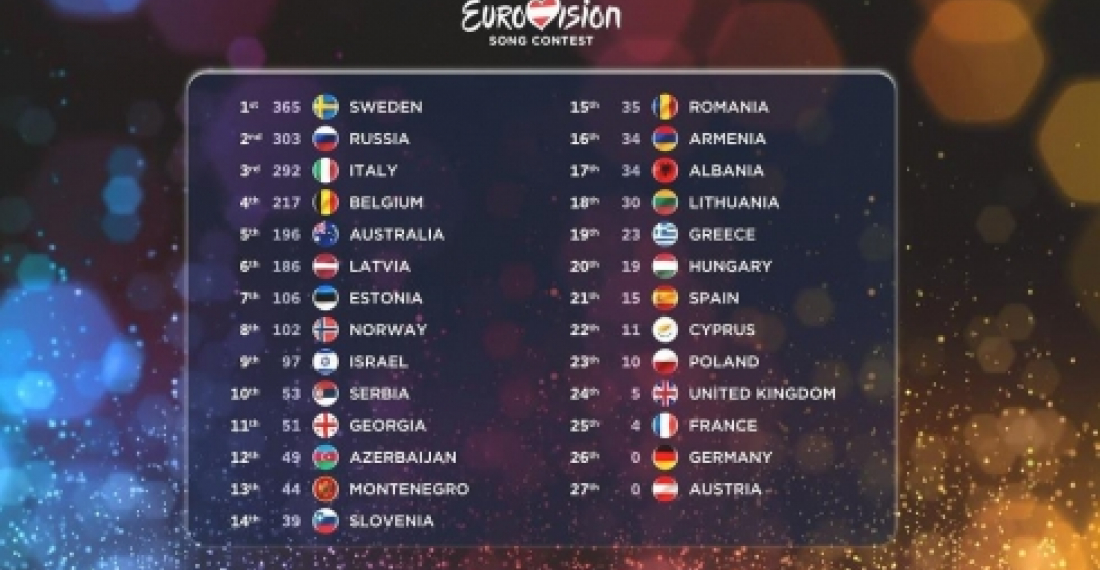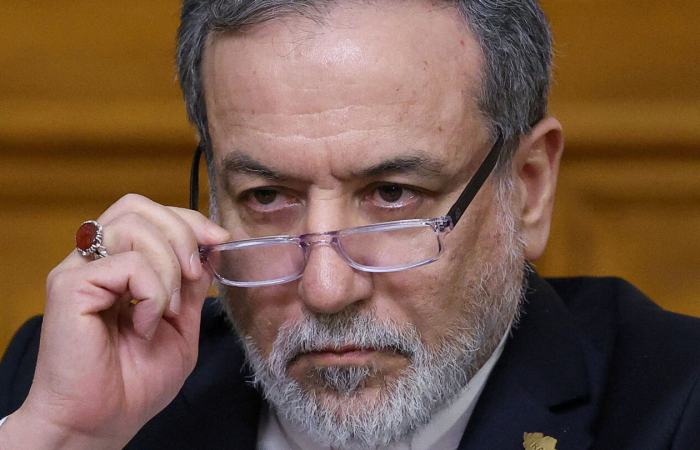Евровидение, ежегодный музыкальный конкурс, завершился в субботу (23 мая) в Вене. Швеция стала победителем. Этот фестиваль привлекает ежегодно сотни миллионов телезрителей, а в этом году был в первые показан в Китае. Цель этого мероприятия торжество гармонии и хороших отношении между европейскими народами. К фестивалю серьезно относятся и на Южном Кавказе в Армении, Азербайджане и Грузии. Они стали участвовать в конкурсе недавно, и приложили много усилий в подготовке своих участников для участия, а также победы в нем.
Из этих трех стран только Азербайджану удавалось победить в конкурсе в 2011 году.
В этом году ни одной из трех стран не удалось подойти близко к победе, но все три прошли квалификацию в финал и заняли хорошие места по итоговым результатам - Грузия на 11-м месте, Азербайджан на 12 и Армения на 16 из 27 стран участвующих в конкурсе в последний день.
Источник: commonspace.eu







